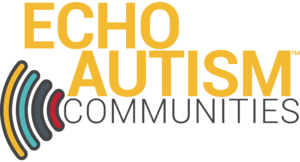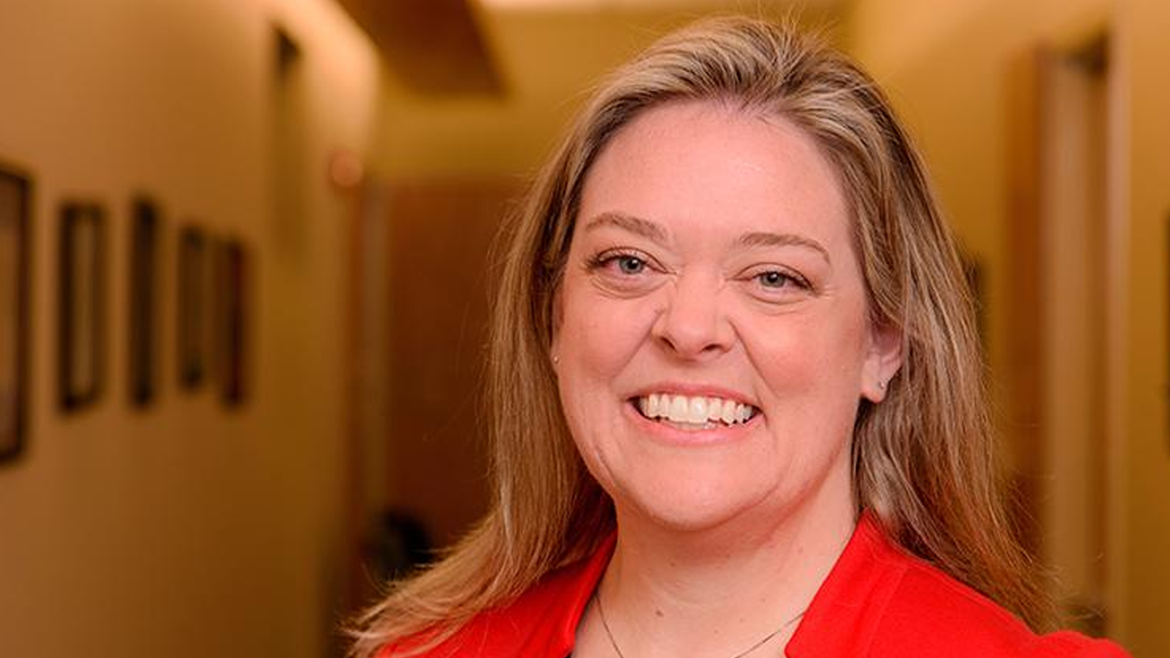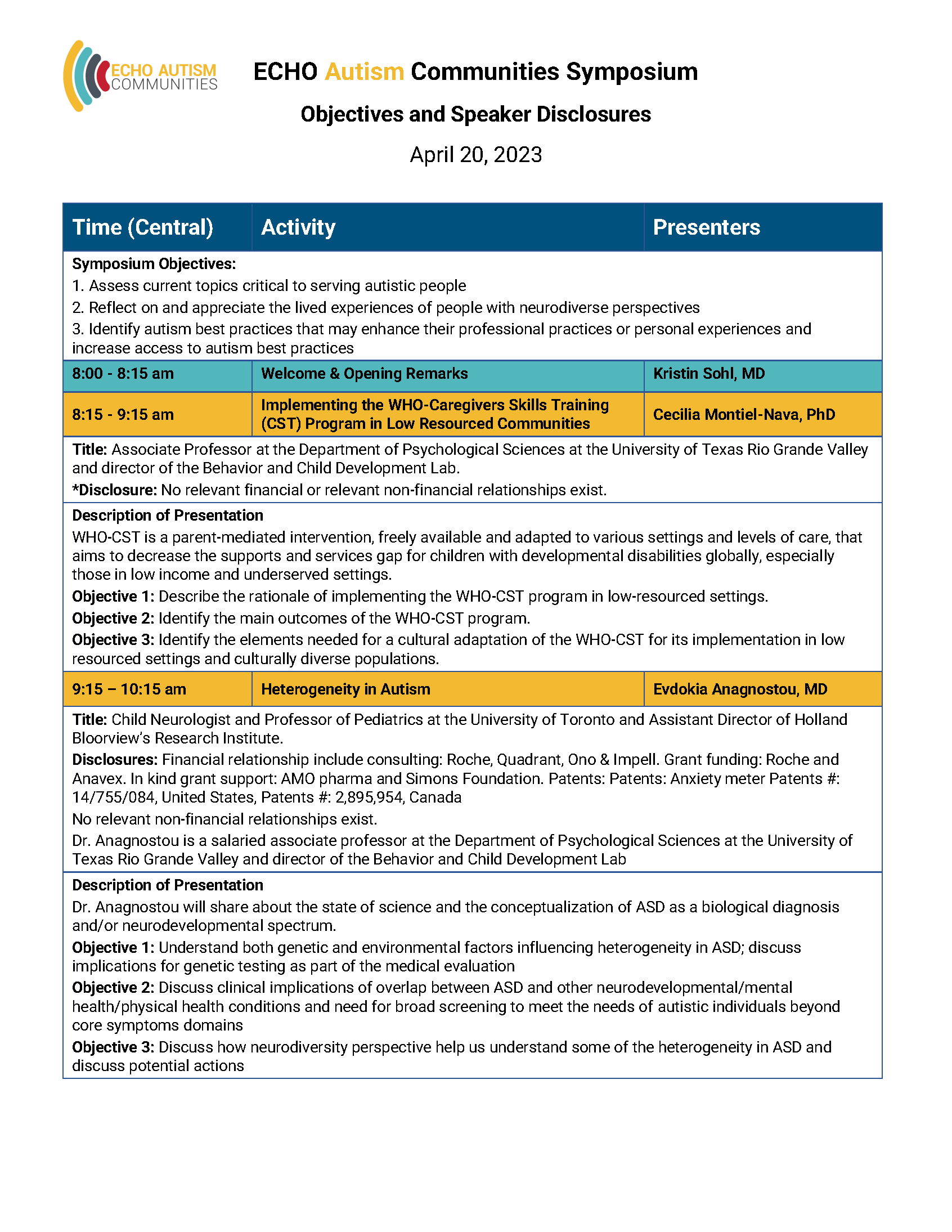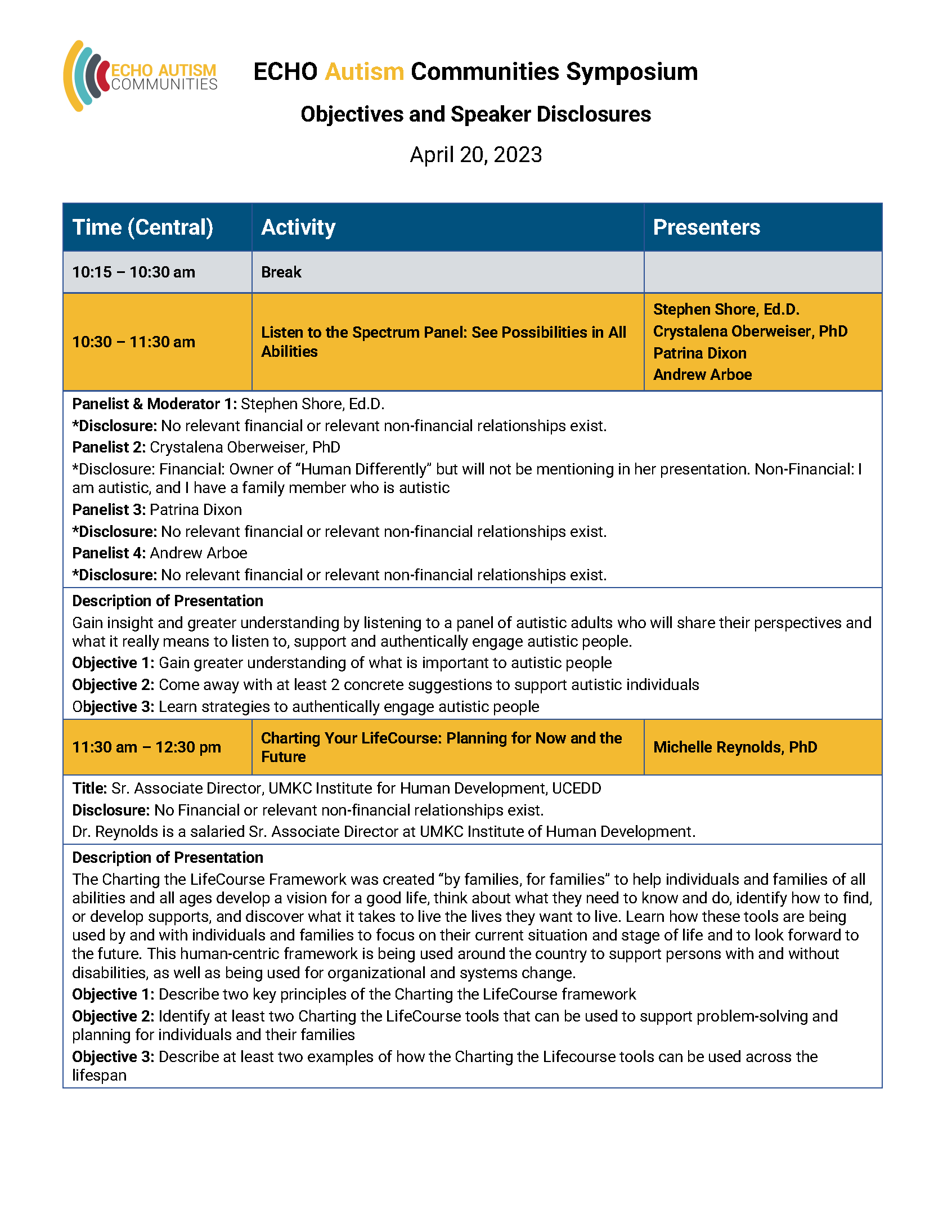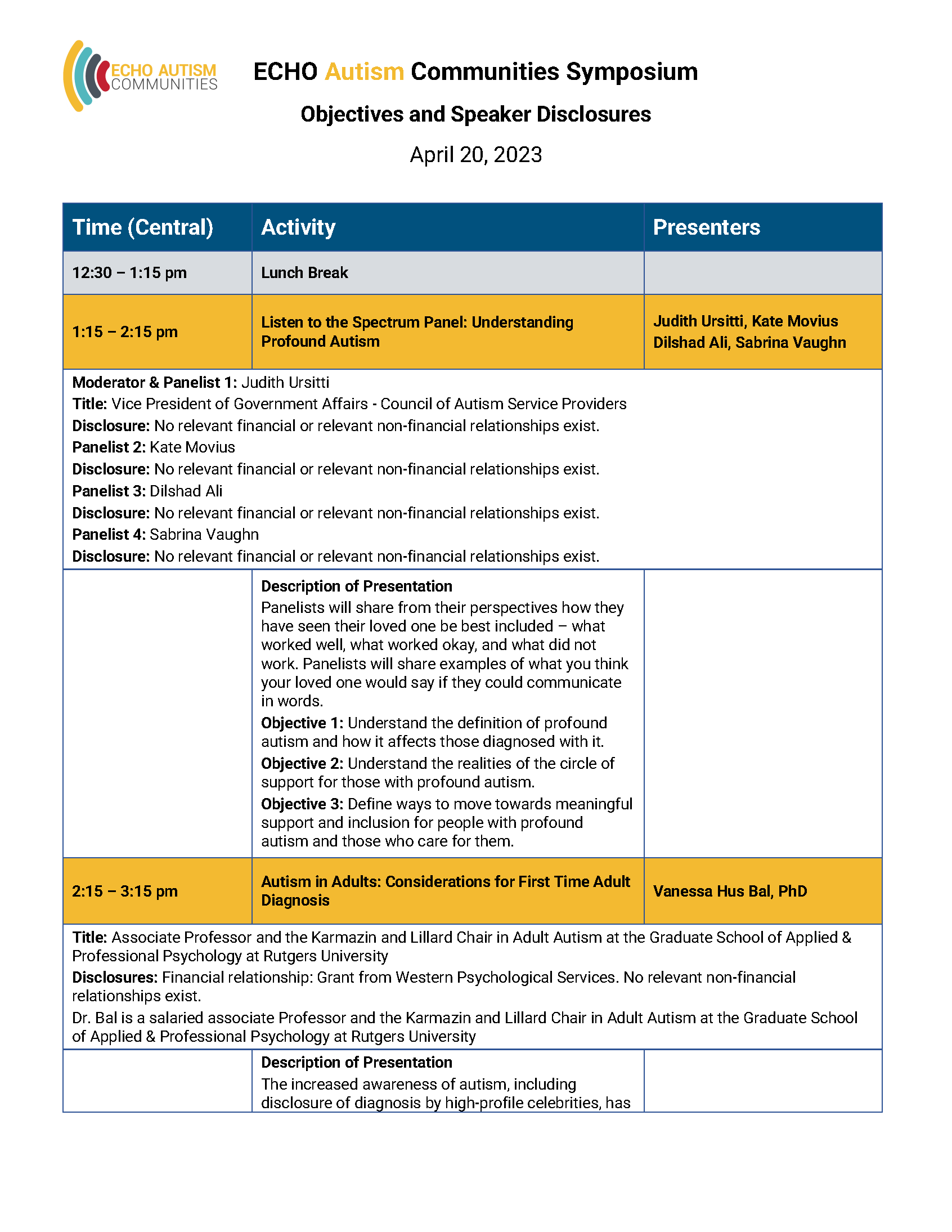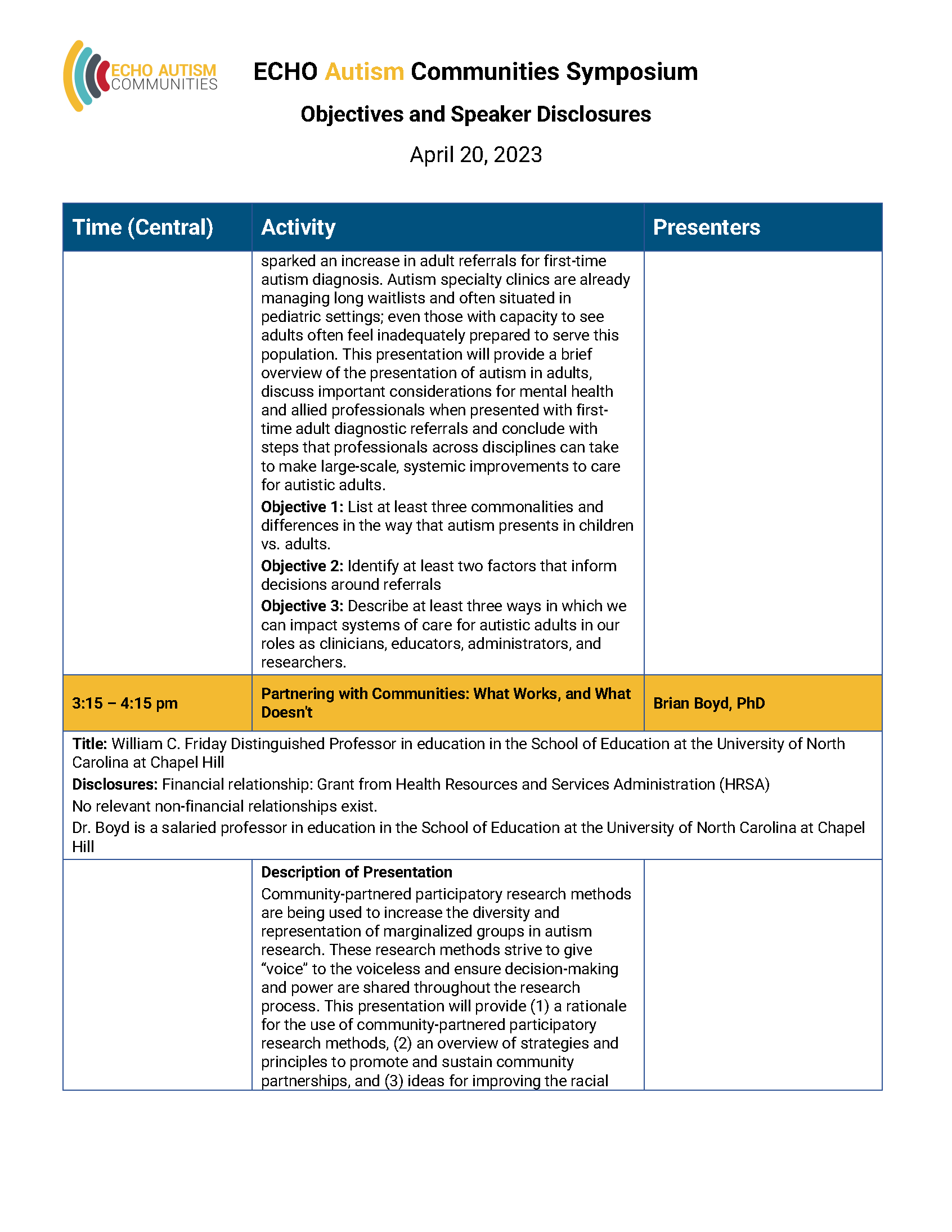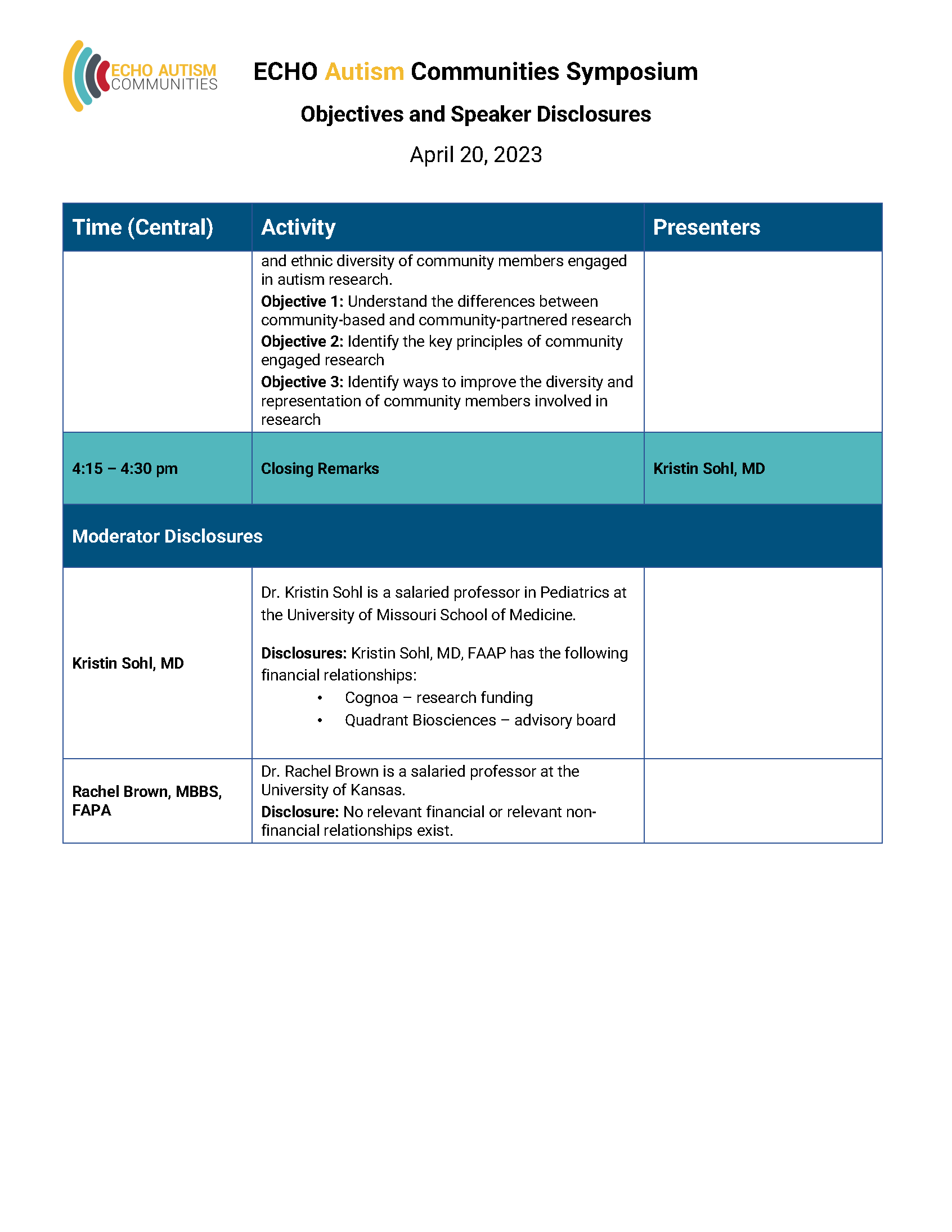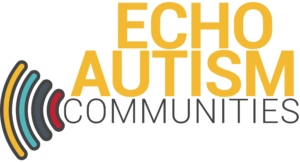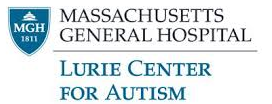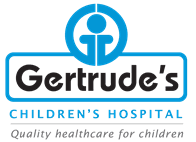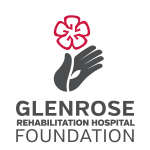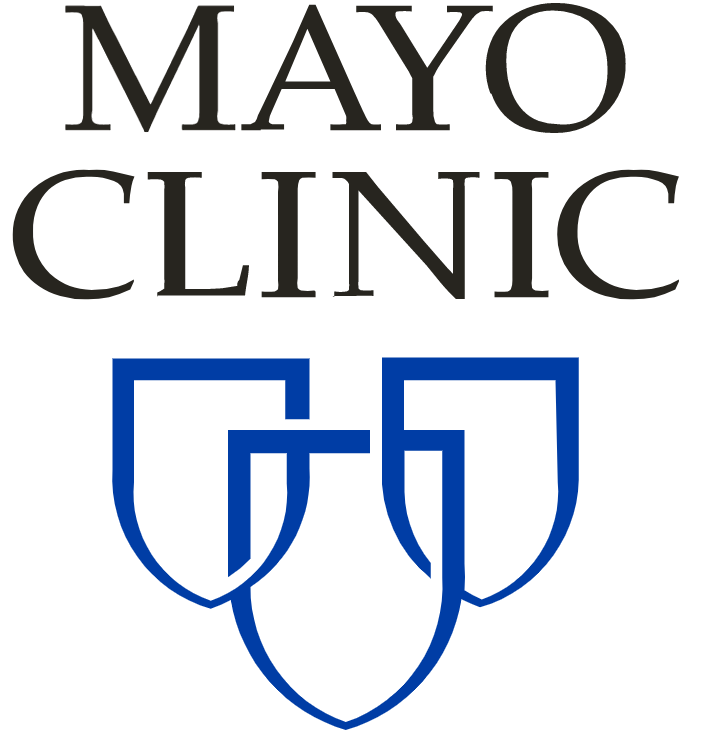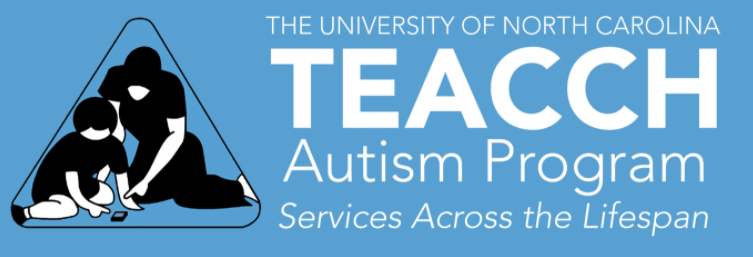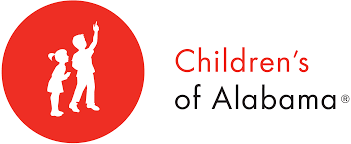March 15, 2021
Sleep and Autism at the 2021 Imagine Conference
This past January, the University of New Mexico Center for Development and Disabilities hosted an “Autism Imagine Training Series,” a statewide conference featuring keynote speakers who discuss anything and everything related to autism.
Joining the panel was ECHO Autism’s Executive Director, Dr. Kristin Sohl, MD, ready to discuss sleep disorders commonly associated with autistic patients. Throughout her presentation, Dr. Sohl addresses the role of co-occurring conditions in autism spectrum disorder, and recognizes the role of team-based care in autism treatment. With the right tools and resources, families and healthcare providers can tackle sleep issues children with autism often face. Below are some of the highlights from Dr. Sohl’s presentation. If you’d like to watch the whole discussion, click here!
There’s More to Autism Than Meets the DSM-5
As Dr. Sohl points out, the Diagnostic and Statistical Manual of Mental Disorders, fifth edition (DSM-5) guides the work that many pediatricians and health care providers do when making an autism diagnosis. Of course, that helps clinicians hone and refine their understanding of autism spectrum disorder. However, there’s often more to autism than just that.
“When we think about what impacts a family’s day to day life, or the things that are happening around that family and in that individual’s being, there are many other things to consider as well,” Dr. Sohl points out.
These include cognitive problems, aggression, anxiety, challenging behaviors, gastrointestinal problems (GI), seizures, and of course, sleep problems. Acknowledging and treating other symptoms, like GI issues, may positively reflect in an autistic individuals sleep routine, for example.
Family Centered Care
When it comes down to taking care of individuals, Dr. Sohl stresses that the relationship between a physician and patient doesn’t come down to the physician saying “this is what needs to take place next.” Instead, it’s about family centered care.
That means decision support, coordination of care, decision making, continuous follow-ups and so on are all centered around a team approach. To optimally help an individual with autism, physicians have to look at the bigger picture, and that includes the team.
“It’s much more than those individual pieces that make up a care component, it’s about how we develop as a team. Helping the individual as they grow and develop so they can make their own decision making, that self determination ability, if you will. We’re treating the whole child, not just the behaviors. Of course there are behaviors, we all have behaviors, and our issues that are affecting our world are affecting our behaviors. Yet if you only treated my behaviors and didn’t take into account the concepts or the constructs that were operating around me, that wouldn’t be a very effective treatment,” Dr. Sohl explains.
The 4 A’s of Autism and Sleep
Recent data suggests as many as 50-80% of children with autism spectrum disorder have sleep difficulties. This can be a result of many things- from challenging behaviors to parental stress to natural biology.
Physicians can look at sleep disorders with a step-wise approach, which Dr. Sohl has broken down into the four A’s.
1. Ask
Ask parents specific questions like “where does your child sleep?” and “do they snore?”
2. Assess
Start gathering data about the patient. Do they have acid reflux and what are their bedtime associations?
3. Address
Now is the time to think about how physicians can best intervene. Is it with the use of a bedtime routine worksheet? Noticing parental patterns? Are there underlying medical issues that can be addressed?
4. Adjust
Did the intervention work? Dr. Sohl emphasizes that the four A’s are not exactly a “one and done.” Physicians and the family care unit will need to go back in and acknowledge what’s working and what’s not and make adjustments to it. It’s all part of the process.
Interested in More Tips?
Throughout her hour long presentation, Dr. Sohl gives tips and tools to help healthcare providers and individuals with autism find ways to better sleep. You can watch the whole presentation today by clicking here.
Then, check out our evidence-based sleep guides!
